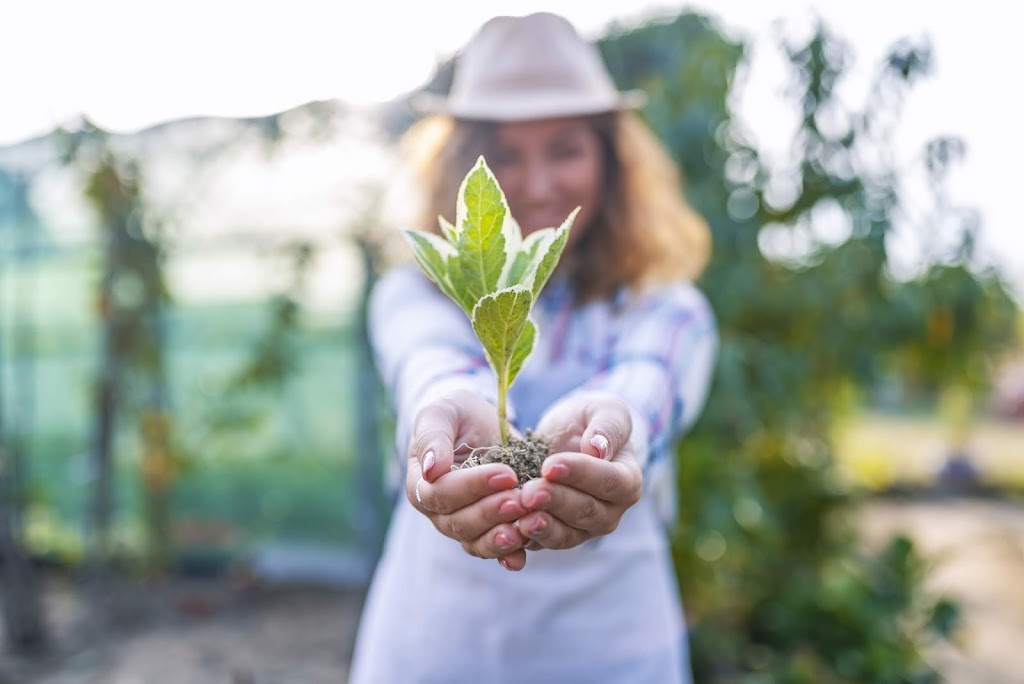Post-traumatic stress disorder, or PTSD, is a well-documented and well-understood psychological challenge that affects millions of American adults every year. PTSD is a form of anxiety that can make day-to-day life feel like an insurmountable challenge. Constantly reliving your traumatic event in the form of flashbacks or nightmares can put you on edge, make you irritable and leave you unable to sleep, among other symptoms.
Sadly, the struggles associated with PTSD don’t go away on their own. As a result, many people with PTSD self-medicate with drugs and alcohol in an attempt to manage their symptoms and gain some sense of control over their lives. That’s why PTSD and substance misuse disorder often occur simultaneously. However, trauma doesn’t have to be a solely negative event.
Post-Traumatic Growth: The Other Side of the PTSD Coin
For all the attention paid to PTSD and its attendant health problems, fewer people realize that there is a positive side of trauma, known as post-traumatic growth. Instead of adversely taking over your life, post-traumatic growth refers to the discovery of a newfound, inner reserve of strength after experiencing a traumatic event such as physical violence, an injury or a sexual assault.
Here are some examples of ways people can demonstrate personal growth and emotional resilience in the wake of trauma.
- If you experienced a mugging or a home break-in, consider forming a neighborhood watch initiative to rally your neighbors against violence.
- If you are a rape survivor, you can volunteer as a victims’ rights advocate, encouraging local hospitals to provide rape kits.
- After a natural disaster such as a hurricane or tornado affects your community, you can volunteer to help people less fortunate than you, donating money, food or clothes or rescuing homeless animals.
- Re-frame the experience as something that helped make you stronger. Tell yourself, “If I survived that, I can make it through anything.”
- Develop a more profound sense of gratitude or spirituality.
You Are Stronger Than Your Traumatic Experience
Anyone who has lived through trauma can explore various paths to post-traumatic growth without succumbing to PTSD or substance misuse. People who have experienced a dual diagnosis of trauma and addiction often lose their sense of hope and self-worth. You might feel like you’ve made too many mistakes to change, or that you don’t deserve to be happy. Knowing about post-traumatic growth gives you a way to find new meaning and purpose behind your pain. Like a master of Japanese pottery, you can find a way to create beauty out of mending the broken places in your life.
As with any form of growth, healing from trauma is not easy. It requires consistent effort, and there will be setbacks along the way. It’s essential to realize every situation represents a choice. You can consciously decide to view your trauma as a disaster that makes you a victim, or as something that has given you a chance to become stronger by taking the power back.
Renew Your Sense of Purpose
If you are struggling with trauma and addiction, you have options at your disposal to make a full recovery. At Canyon Crossing, we provide women’s-only trauma and addiction treatment in Arizona. We are here to help you move past the emotional, psychological and physical health problems in your life and find new pathways to growth. Contact us today to learn more about what we offer.




